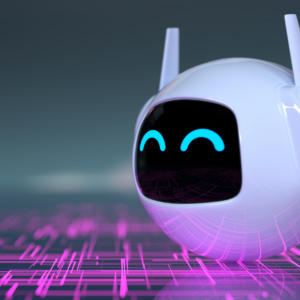
There is talk of another industrial revolution. Depending on who you ask, that revolution may already be here in the form of Industry 4.0. This is a continuation of Industry 3.0, the digital revolution, which introduced digital technologies. This also includes the Internet of Things (IoT) that combines communication, sensing, computation and actuation to leverage and improve system performance.
These networks of connected devices and systems are constantly fed real-time information to improve tasks and processes. This includes the use of artificial intelligence (AI), which is a growing part of everyday communication within the home and in business. But the lengths to which AI can perform remain anyone’s guess and some, including Elon Musk, suggest continuing with caution.
Losing the Human Touch
This includes concerns that tasks replaced with artificial intelligence will lose the important benefits of human touch. In June, the Writers Guild of America (WGA) made its case known as it looked to save jobs from automation. The adoption of this technology could create major changes in how scripts for TV and movies are written. The WGA is one of the many that do not want to turn such power over to technology. Generationally, Millennials and Gen Z were most worried about a potential impact on their careers in the future.
Growing Acceptance
The vast unknown of this new technology’s power is not slowing down acceptance with everyone. Some in the U.S. workforce aren’t nervous about the introduction of AI, according to a KPMG survey. Rather than viewing it as a job killer, some see it as a potential way to reduce mundane tasks. This includes using it for writing emails, in addition to research and generating code. Others are looking forward to using it for grant writing and as a complement to existing skill sets through interpersonal interactions.
The KPMG survey was conducted in June, 2023 of 200 business decision makers in the United States and included data from another Gen AI survey conducted in April. 97% of those surveyed anticipate a huge impact on their organizations and 81% believe that impact will be positive. 41% will take a short pause on adoption to await any regulatory changes while 35% will not pause adoption at all. In addition, 80% of those that have already adopted the technology believe in their ability to mitigate risks.
Prudent Action
Further adoption of AI will also be determined on how and if those who develop AI plan to continue with caution or not. These guardrails are important as it is yet unknown how AI will use personal data and if such use could contribute to racial stereotyping. This is in addition to the impact AI will certainly have on jobs across several industries and could influence whether employees welcome AI or not.

